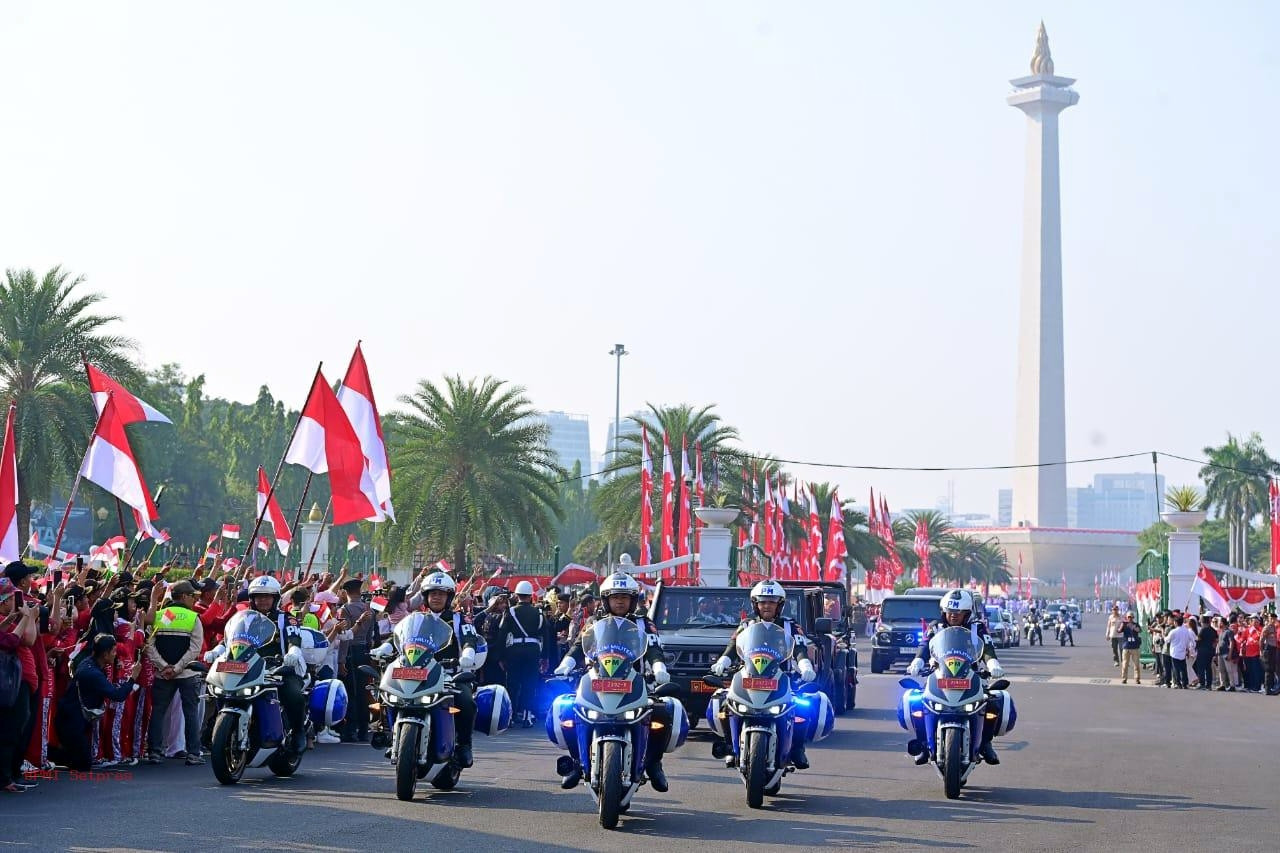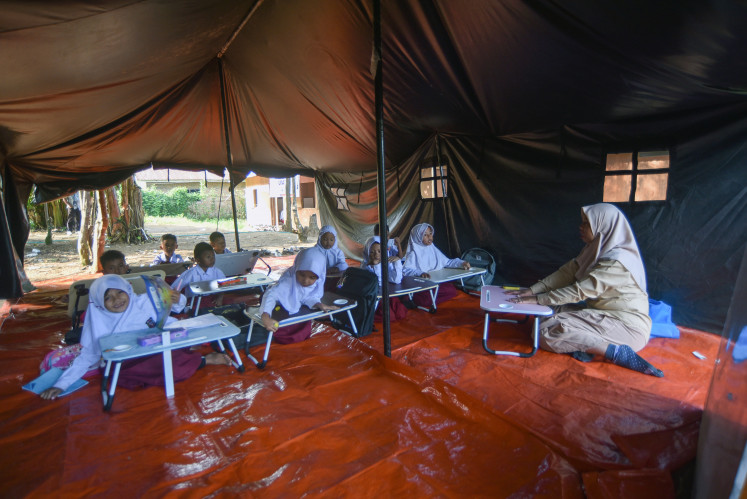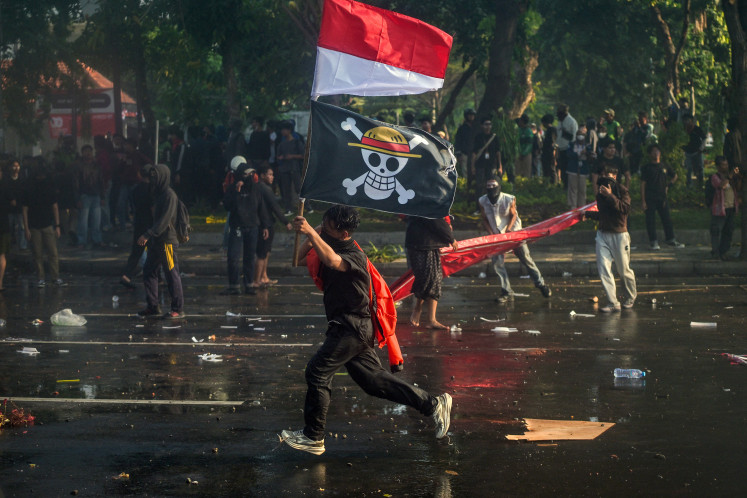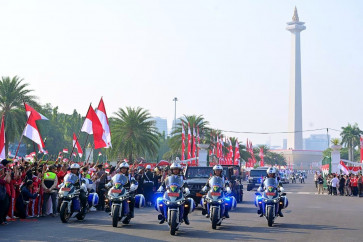Popular Reads
Top Results
Can't find what you're looking for?
View all search resultsPopular Reads
Top Results
Can't find what you're looking for?
View all search resultsIndonesia: Guardian of world peace
While the Indonesian Military (TNI) is naturally at the forefront of Indonesia’s peacekeeping identity, it is crucial to recognize that the National Police also play a significant role.
Change text size
Gift Premium Articles
to Anyone
A
t the recent United Nations General Assembly in New York, President Prabowo Subianto pledged that Indonesia stands ready to deploy up to 20,000 peacekeepers to some of the most fragile conflict zones, from Gaza to Ukraine.
This statement reaffirmed Indonesia’s constitutional mandate: “to participate in the establishment of a world order based on freedom, perpetual peace and social justice.” Under the leadership of Prabowo, Indonesia is poised to be a guardian of world peace.
Indonesia is already one of the world’s top contributors to United Nations peacekeeping missions. Amid today’s uncertain global geopolitical and economic conditions, President Prabowo’s commitment marks a significant leap in both scale and symbolism. It reflects not only a foreign policy pledge but also a moral commitment, demonstrating Indonesia’s readiness to play a more proactive role in securing global peace.
The offer to deploy 20,000 personnel is one of the largest commitments in recent history, underscoring Indonesia’s willingness to move beyond the traditional confines of nonalignment toward a more active role in global security.
For Prabowo, long seen as a defense modernizer – revitalizing dormant vessels, strengthening logistics and upgrading defense readiness – this initiative adds a moral dimension to his leadership. The message is clear: Indonesia’s strength is not only measured by its military capacity but also by its commitment to peace.
While the Indonesian Military (TNI) is naturally at the forefront of Indonesia’s peacekeeping identity, it is crucial to recognize that the National Police also play a significant role.
Today’s global conflicts involve not only state-to-state actors but also clashes among civil groups within a country, and civil wars.



















